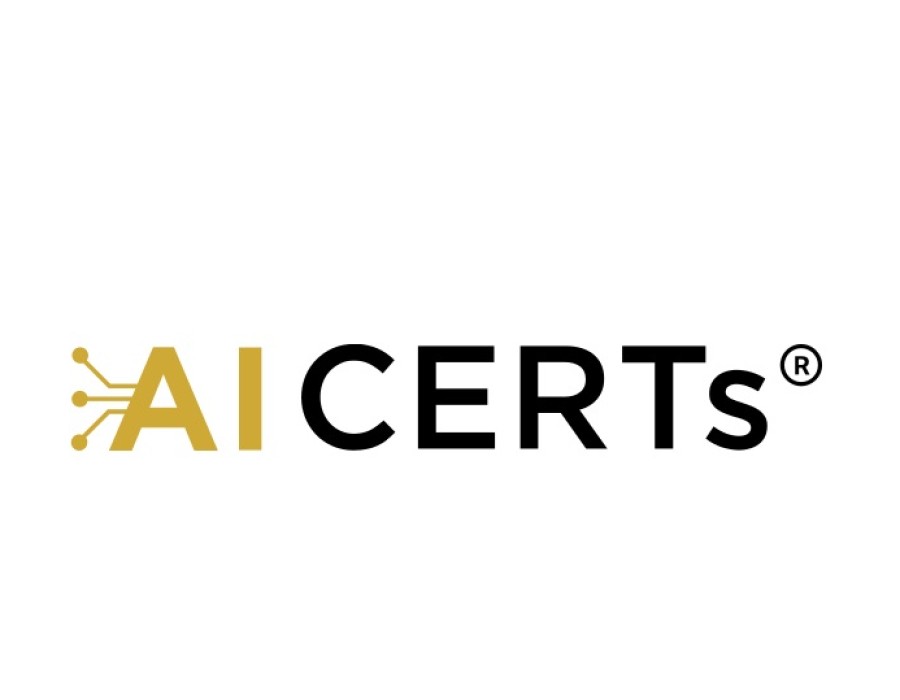Artificial Intelligence (AI) has rapidly moved from a niche area of research to a powerful force transforming industries, economies, and daily life. From automating repetitive tasks to enabling advanced predictive analytics and even creative problem-solving, AI has become an essential driver of innovation. However, with its increasing influence comes the pressing need for responsible practices. Ethical considerations are no longer optional—they are critical to ensure that AI benefits humanity while minimizing harm.
The conversation around Ethics in AI development has gained momentum as businesses, policymakers, and researchers grapple with the societal implications of machine learning models, natural language processing tools, and autonomous systems. Questions about bias, transparency, data privacy, and accountability are at the forefront. Without ethical safeguards, AI could unintentionally perpetuate discrimination, amplify misinformation, or be exploited in harmful ways.
Why Ethics Matters in AI
At its core, AI is a tool—a powerful one—that reflects the data and design choices made by humans. When these inputs contain biases or flawed assumptions, AI systems can make decisions that negatively impact individuals or communities. For instance, recruitment algorithms might unfairly filter out qualified candidates from minority backgrounds, or facial recognition systems might misidentify individuals, leading to legal and personal repercussions.
This is why organizations worldwide are turning to structured learning paths like AI Ethics Certification programs. Such credentials help professionals understand not only the technical dimensions of AI but also the moral, legal, and social implications of their work. A well-rounded professional in this space must combine coding expertise with a deep understanding of ethical principles.
Balancing Innovation with Responsibility
The drive to innovate often comes with the temptation to rush products to market without fully assessing the potential consequences. In AI development, this risk is particularly high, given the complexity of the systems and the difficulty in predicting every possible outcome. Ethical oversight acts as a safeguard, ensuring that innovation does not outpace the creation of protective measures for individuals and society.
Transparency is a cornerstone of ethical AI. Users have the right to know when they are interacting with an AI system, how decisions are made, and what data is being used. Accountability, too, is essential—organizations must be ready to explain and justify AI-driven decisions, especially when those decisions impact people’s livelihoods, rights, or safety.
Building the Skills for Ethical AI
Developers, data scientists, and technology leaders must learn AI ethical practices to ensure their creations are fair, safe, and compliant with legal standards. This involves understanding global regulations, cultural differences, and the philosophical underpinnings of fairness and justice. Ethical AI design is not about restricting creativity—it’s about channeling it in ways that respect human dignity and societal well-being.
Practical tools and frameworks are emerging to help guide these efforts. For example, AI ethical AI training can include case studies of real-world AI failures, discussions on bias mitigation techniques, and simulations where professionals make decisions under ethical constraints. Such training prepares individuals to anticipate challenges and navigate complex moral dilemmas in their work.
Governance and Standards in AI Ethics
Industry-wide guidelines are vital for promoting consistency in ethical approaches. A guide AI development framework might outline best practices for data collection, model training, and result interpretation. These standards can help ensure that AI tools remain transparent, fair, and explainable, even as they become more complex. Collaborative efforts between governments, academia, and industry are crucial for creating guidelines that are both practical and enforceable.
By integrating ethics into every stage—from design and development to deployment and monitoring—organizations can maintain trust and protect their reputations while delivering valuable AI-driven solutions.
Conclusion
The future of AI is promising but requires vigilance. As the technology continues to advance, the ethical considerations will only grow more complex. Addressing these issues proactively ensures that AI serves the greater good, promotes fairness, and aligns with societal values.
Ethics is not an obstacle to AI innovation—it is its foundation. Without it, the very trust that allows AI to thrive will erode. By embedding responsible practices into every step of the AI lifecycle, we can harness its full potential while safeguarding human rights, dignity, and equality for generations to come.




.jpg)

Comments